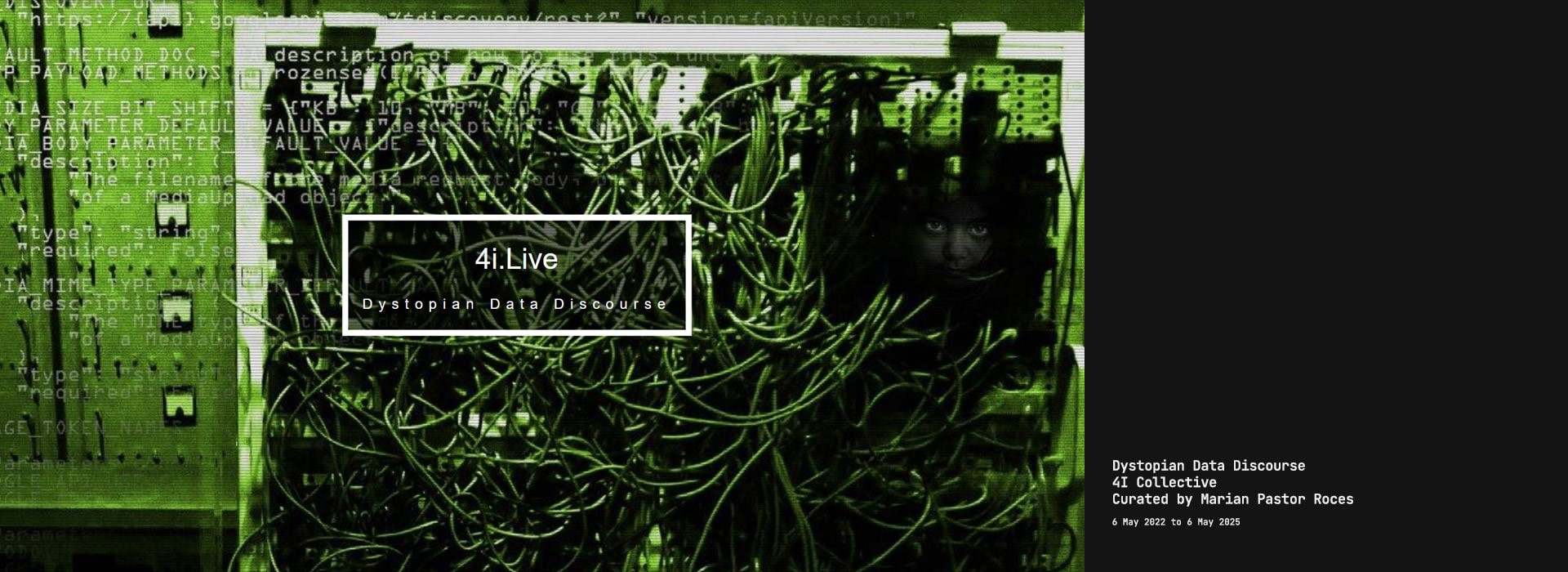
Dystopian Data Discourse
May 6, 2022 - May 6, 2025
Curated by Marian Pastor Roces, “Dystopian Data Discourse” is a set of three presentations that are at once artworks, data analysis, agitprop, digital “paintings”, and educational packages. Carlos “Naz” Nazareno, Dominic “Doc” Ligot, and Mark Toledo are 4i, which creates visualizations that allow entry into digital universes; and that, moreover, facilitate comprehension of computing powers altering human reality.
In “Plunder Perspective”, Nazareno prods anyone he can lure, to visualize the scale of plunder Marcos accumulated by 1986. Worried that most human beings cannot grasp big numbers, he converted the “lots of zeros” of theft into equivalent boxes of iconic projects multiplied by factors that make matching scale clear. He asks us to visualize how many National Food Authority full warehouses of 500,000 sacks of rice, today, is the equivalent of the theft then.
Ligot in “Troglodyte” used 2019 data (midpoint of the regime of President Duterte) to pinpoint and exhibit thousands of websites engaged in disinformation as these are connected to many others, creating clusters, and then superclusters. Clicking any node enlarges clusters. Clusters open to clusters, and links between come into view. The scale of this architecture of disinformation is as spectacular as it is terrifying. Ligot employed an elegant visualization practice familiar to data scientists, to allow the computer to exhibit colossal evil.
How do computers understand the words you use? is Mark Toledo’s provocation. Providing texts from speeches by a wide variety of authors, the computer collects data on user emotional response and creates mesmerizing images. From the point of data collection, the computer is on its own. It delinks from human agency. Toledo’s “Simulacrum” seems like artful image making. But art as humans know it has to have been generated by humans. Toledo presents something that is therefore only a simulacrum of art.
Artist
4i Collective
About
Dominic Ligot is a data analyst, researcher, software developer, entrepreneur and technologist. He is also an advocate for data literacy, data ethics and social impact from data. His current work focuses on human rights, public health, food security, political risk and fighting disinformation infodemics through the use of computational social science, social listening, remote sensing, artificial intelligence and data engineering.
Carlos Nazareno is an interactive media specialist, technologist, ICT rights advocate, and indie game developer. Passionate about computational aesthetics and generative art, he codes to make numbers sing and dance. Outside of work, he helps fight disinformation with the Consortium on Democracy and Disinformation (fightdisinfo.com), contributes to Wikipedia as a volunteer with Wiki Society of the Philippines (wikisoc.ph), and fights for digital rights with Democracy.Net.PH.
Mark Toledo is an auditor-turned-data professional. By profession, he is a big data engineer, whose interest led him to emerging technologies such as remote sensing, social listening, AI, and software engineering. For his humanitarian work, he created applications and research aimed at solving social problems such as dengue outbreaks, education, and aiding peace processes. Curious, he used data in art pieces to explore how discourses might look if computers could think.

